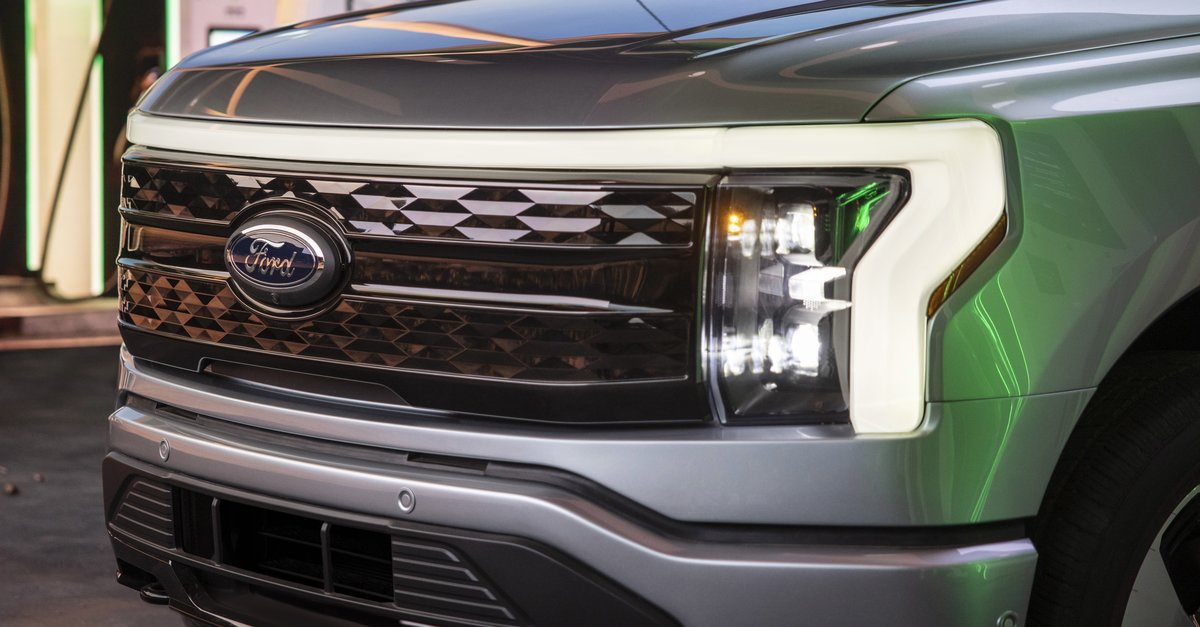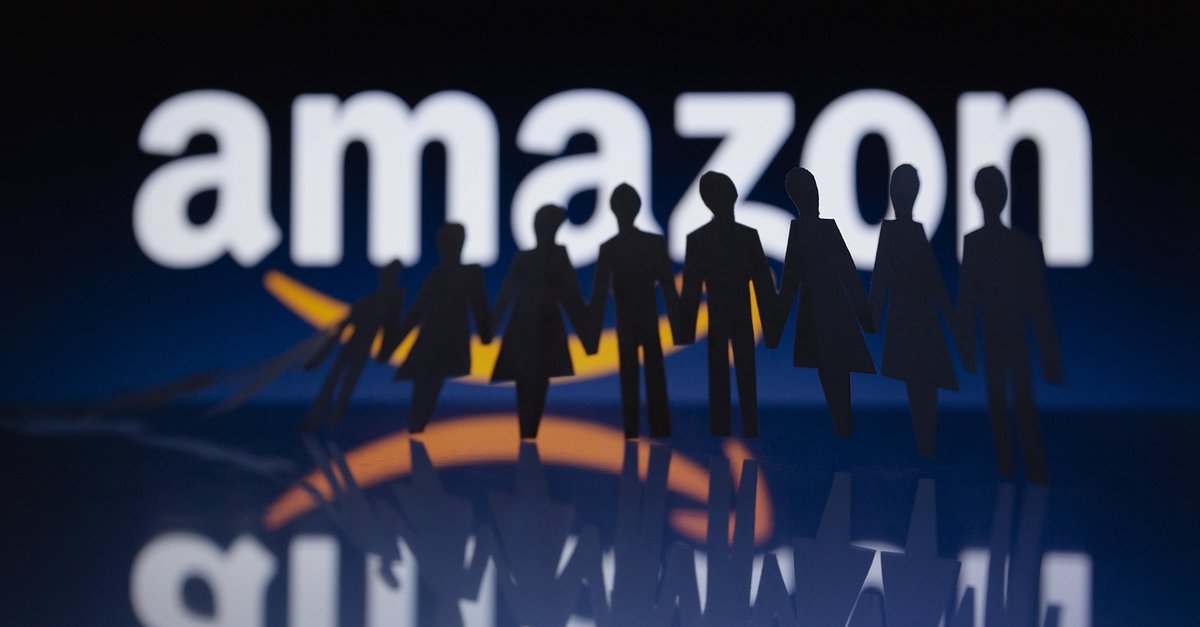Waymo and UPS are testing autonomous trucks in everyday operation in Texas
Perhaps this decade will already see whether autonomous driving can catch on. We’ve heard for a long time that companies like Waymo, Tesla and Co. are working on their autonomous systems, but still no vehicle of this type has made it onto the market. There is also great hope in the logistics industry, as a cooperation between two heavyweights now shows.
On the one hand there is the package giant UPS, which has been bringing parcels to the door in many countries around the world for many decades, on the other hand Waymo, the Alphabet subsidiary, which has been researching autonomous vehicles for years. In addition to cars, the latter has also equipped trucks with sensors, but the vehicles are usually not so featured in international reporting.
This could change soon. The cooperation between Waymo and UPS should provide some interesting insights in the last few weeks of this year. To do this, the logistics giant is using the autonomous trucks in Texas, more precisely between the two transshipment centers in Dallas-Fort Worth and Houston.
Although we only have 6-7 weeks left in 2021, the experiment should nevertheless provide useful insights and, above all, data that can be used to further develop the technology. UPS will also be able to assess whether the technology already has clear advantages over classic trucks in everyday life. Two Waymo employees, a software engineer and the actual trained driver are always present to ensure safety at all times.
UPS also announced tests with autonomous trucks from TuSimple, another start-up. In order to continue to play a major role in the future, the company also wants to conclude a purchase agreement with the start-up Arrival, in which around 10,000 electric vehicles are to be purchased for the delivery of parcels over the next few years.
All in all, it remains to be seen what the experiment will bring to light over the next few weeks and whether we will see autonomous trucks in the cities one day in the near future.
Via The Verge



